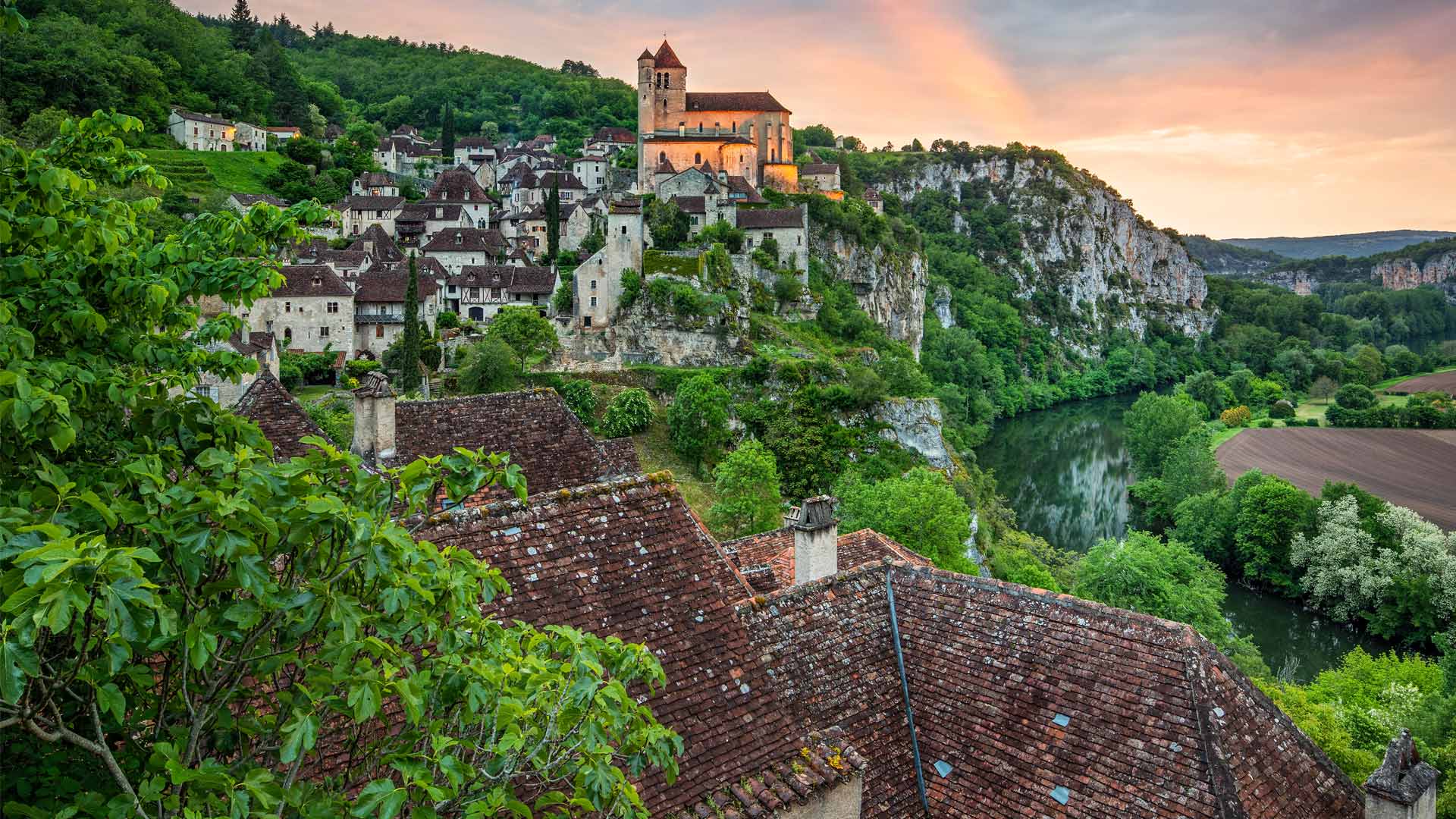The role of translators in preserving and sharing cultural heritage is one that is often undervalued and overlooked. Translators play a crucial role in ensuring that the stories, traditions, and knowledge that make up a culture are shared and preserved across linguistic and cultural boundaries.
One of the main ways in which translators contribute to the preservation and sharing of cultural heritage is through the translation of literary and historical texts. By translating important works of literature, historical documents, and religious texts, translators make it possible for people from different linguistic backgrounds to access and engage with the cultural heritage of other societies. This allows for the exchange of ideas and the fostering of cross-cultural understanding and appreciation.
Translators also play a key role in the preservation and sharing of cultural heritage by working with communities to translate and document their oral traditions and stories. Many indigenous and minority languages are at risk of disappearing, and the knowledge and traditions they hold are at risk of being lost. By working with these communities, translators can help to preserve these important aspects of cultural heritage for future generations.
In addition to their work with written and oral traditions, translators also play a crucial role in facilitating cross-cultural communication and understanding. By mediating between different languages and cultures, translators help to bridge the gap and foster mutual understanding and respect. This is particularly important in a globalized world where people of different cultural backgrounds are often interacting with one another.
Furthermore, translators contribute to the preservation and sharing of cultural heritage by making it possible for cultural products such as films, music, and art to reach new audiences around the world. Through the translation of subtitles, dubbing, and other forms of localization, translators make it possible for people to engage with and appreciate cultural products from different parts of the world.
Ultimately, the role of translators in preserving and sharing cultural heritage is an incredibly important one. By working to make the knowledge, traditions, and stories of different cultures accessible to people from around the world, translators help to foster cross-cultural understanding, appreciation, and respect. This, in turn, contributes to the preservation and continuation of cultural heritage for future generations. Translators truly serve as the gatekeepers and ambassadors of cultural heritage, and their work plays a crucial role in promoting diversity and understanding in an increasingly interconnected world.






